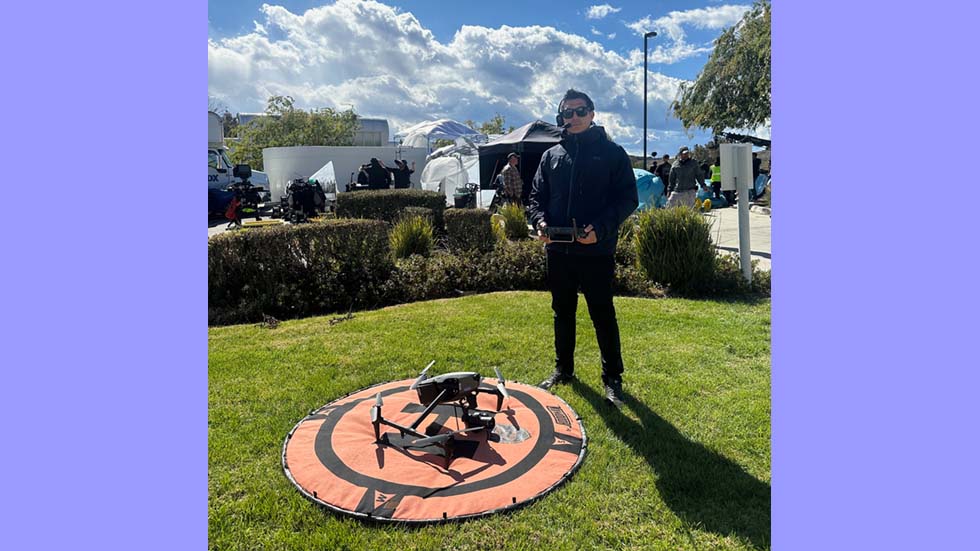Equal Employment Opportunity
The renewal cycle for TV, Class A TVs, LPTVs and TV translators begins June 1, 2012, for Washington, D.C.; Maryland; Virginia; and West Virginia and continues until April 1, 2014. If your station's renewal applications are due next year, then now is the time to put your Equal Employment Opportunity (EEO) house in order because renewal submissions will include your annual EEO public file reports for 2011 and 2012.
Rule applies to all full-time openings
The EEO rule applies to all full-time openings. Recent cases make it clear that for every full-time job opening, broadcasters must notify multiple recruitment sources that are likely to refer applicants from diverse backgrounds. Exclusive reliance on over-the-air announcements and Internet postings will not do the trick. Neither will reliance on word-of-mouth or unsolicited walk-ins. And, of course, all notification activities must be documented in the annual EEO public file report.
In one recent case, the licensee failed to include its annual EEO public file reports for the two years prior to filing of its renewal application. The Media Bureau wrote to the licensee, asking for those two reports, and also asked the licensee to send along reports for three other years.
The reports showed that there were 29 vacancies during the five-year period covered by the reports. For six openings, the licensee relied only on “walk-in/mail-in” applicants. For another seven, it relied exclusively on postings on Internet websites. For 15, it relied strictly on over-the-air-announcements. This record, the FCC said, evidenced rule violations because the licensee “failed to use recruitment sources sufficient to disseminate information concerning the vacancies as required.”
The licensee also failed to produce records of the number of people it interviewed for each opening or the recruitment source from which each interviewee learned of the opening. (This requirement applies only to applicants who are interviewed, not to all applicants.)
The fine assessed was $20,000 — $16,000 for failing to recruit properly, $1000 for failing to keep required records, $2000 for incompleteness of public file reports and another $1000 for failing to adequately analyze the effectiveness of recruitment efforts.
Get the TV Tech Newsletter
The professional video industry's #1 source for news, trends and product and tech information. Sign up below.
In a second case, a licensee was the subject of the FCC's random audit process. During the two annual reporting periods studied, the licensee had 24 full-time vacancies. For three openings, it relied on walk-in applicants, and for one opening each it relied on, respectively, word-of-mouth, a business referral and an employee referral. The licensee noted that it broadcast generic recruitment ads that promote different careers in broadcasting even when there were no openings. The public file report in one year failed to list job titles for seven vacancies, classifying them as “other.”
The FCC assessed a fine of $8000 — $5000 for failing to recruit properly, $2000 for incomplete public file reports and $1000 for inadequate analysis of recruitment efforts.
Stick with the rules
Licensees are still required to publicize every full-time opening to specific recruitment sources even though there is no requirement that any of these sources ever refer any job applicants (although licensees should substitute new sources for unresponsive ones). Also, the FCC still requires that any recruitment source that affirmatively requests to be notified must receive notifications of all openings.
Harry C. Martin is a member of Fletcher, Heald and Hildreth, PLC.
Dateline
- Noncommercial TV stations in Indiana, Kentucky and Tennessee must file their biennial ownership reports on or before April 1, 2012.
- By April 1, TV and Class A TV stations in the following locations must place their 2011 EEO reports in their public files and post them on their websites: Delaware, Indiana, Kentucky, Pennsylvania, Tennessee and Texas.
- April 1 is the deadline for TV stations in Delaware and Pennsylvania to electronically file their Broadcast EEO Mid-Term Reports (Form 397) with the FCC.
- The license renewal cycle begins June 1, 2012, for TV, Class A TV, TV translators and LPTV stations in Washington, D.C.; Maryland; Virginia; and West Virginia. In these states, on April 1, 2012, TV, Class A TV and LPTVs that originate programming must begin their prefiling renewal announcements. The renewal cycle continues region by region until April 1, 2014, when stations in Delaware and Pennsylvania will be the last to file for renewal.
Send questions and comments to: harry.martin@penton.com
